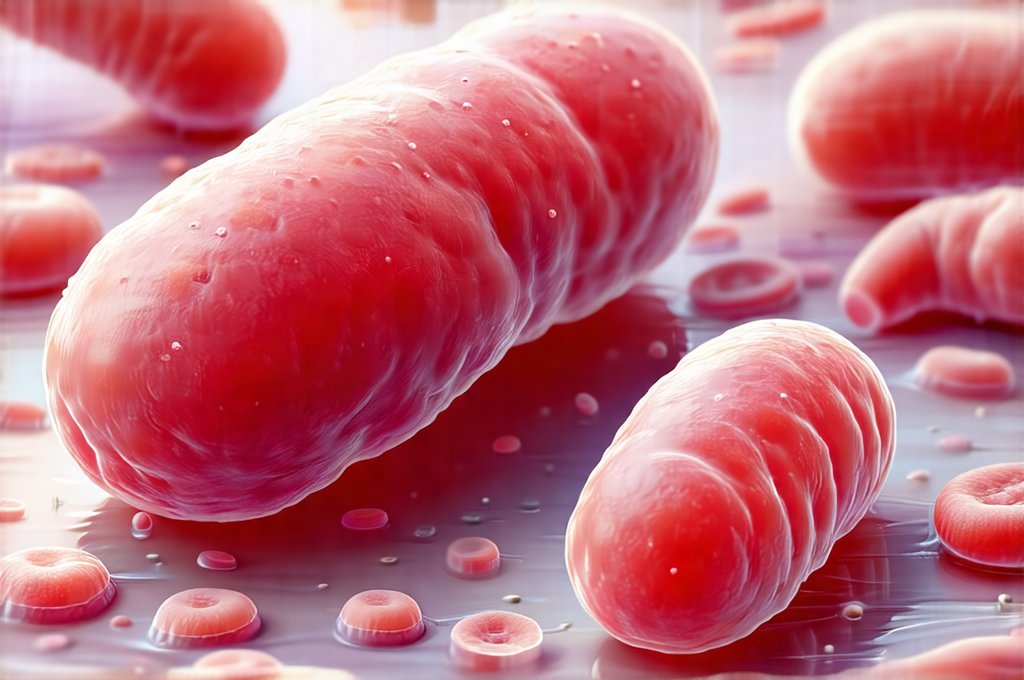The intricate world within our digestive system – often referred to as the gut microbiome – is far more than just a processor of food. It’s an ecosystem teeming with trillions of microorganisms, including bacteria, fungi, viruses, and archaea, collectively impacting everything from digestion and immunity to mood and mental health. A healthy gut boasts a diverse and balanced community where beneficial microbes thrive. However, modern lifestyles often disrupt this delicate balance, leading to what can be described as an “overfed” gut – a state where certain bacterial populations proliferate excessively, creating imbalances that manifest in various ways. Recognizing the signs of this imbalance is the first step towards restoring equilibrium and promoting overall wellbeing.
This isn’t necessarily about eating too much; it’s more about what we eat, how our bodies process it, and the resulting impact on microbial communities. Diets high in processed foods, sugar, and saturated fats can dramatically alter gut flora composition, favoring less desirable bacteria that thrive on these readily available nutrients. Simultaneously, a lack of fiber – the preferred food source for beneficial gut bacteria – further exacerbates the problem. Stress, antibiotic use, and chronic inflammation also contribute significantly to this imbalance, creating a vicious cycle where an overfed gut leads to more stress, inflammation, and ultimately, compromised health. Understanding these factors is key to proactively supporting your gut health. If you are struggling to understand if your issues are functional or structural, seeking professional guidance can be beneficial.
Recognizing the Signs of Gut Microbial Overgrowth
An “overfed” gut isn’t always accompanied by dramatic symptoms; often, it presents subtly, making it easy to overlook. However, a constellation of seemingly unrelated issues can point towards an underlying microbial imbalance. One common indicator is digestive distress, manifesting as bloating, gas, abdominal pain, diarrhea, or constipation – or even alternating between these extremes. These symptoms aren’t necessarily indicative of a serious disease but rather represent the gut’s struggle to efficiently process food due to altered bacterial activity. The overgrowth of certain bacteria can lead to fermentation processes that produce excessive gas, causing bloating and discomfort.
Beyond digestive issues, look for signs related to systemic inflammation. Chronic fatigue, even after adequate sleep, is a frequent complaint among individuals with imbalanced gut flora. This stems from the fact that an unhealthy gut often triggers low-grade chronic inflammation throughout the body, draining energy levels. Skin problems like eczema, acne, or psoriasis can also be linked to gut health, as imbalances can affect immune function and contribute to inflammatory responses in the skin. Furthermore, mood swings, anxiety, or even depression are increasingly recognized as potential consequences of a disrupted gut microbiome – the “gut-brain axis” is a powerful two-way communication system. There’s growing evidence that gut bacteria imbalance could contribute to these issues.
Finally, pay attention to food intolerances that develop seemingly out of nowhere. A sudden inability to tolerate lactose, gluten, or other previously well-tolerated foods may suggest an altered microbial environment struggling to digest these compounds effectively. It’s important to note that true allergies are different from intolerances; intolerances often arise as a result of gut dysbiosis. If you experience several of these symptoms concurrently, it’s worth exploring whether your gut bacteria might be overfed and out of balance. Understanding gut acidity can also help you navigate these issues.
Rebalancing Your Gut Microbiome: A Holistic Approach
Rebalancing the gut microbiome isn’t about quick fixes or restrictive diets; it’s a long-term commitment to lifestyle changes that support a diverse and thriving microbial community. The foundation of any gut rebalancing strategy is dietary modification. Prioritize whole, unprocessed foods rich in fiber – fruits, vegetables, legumes, and whole grains – as these provide the necessary fuel for beneficial bacteria. Reducing intake of processed foods, sugar, saturated fats, and artificial sweeteners helps to starve undesirable bacterial populations. Fermented foods, like yogurt (with live cultures), kefir, sauerkraut, kimchi, and kombucha, introduce beneficial probiotics directly into your gut, contributing to microbial diversity.
Alongside dietary changes, stress management is crucial. Chronic stress negatively impacts the gut microbiome, increasing permeability of the intestinal lining – often referred to as “leaky gut” – and allowing harmful substances to enter the bloodstream. Incorporate stress-reducing practices like meditation, yoga, deep breathing exercises, or spending time in nature. Finally, judicious use of antibiotics is essential. While sometimes necessary, antibiotics indiscriminately kill both beneficial and harmful bacteria, disrupting the delicate balance of the microbiome. If antibiotic treatment is unavoidable, consider supplementing with probiotics during and after the course to help restore microbial diversity. It’s important to know how to interpret gut sensations that can arise from these imbalances.
Dietary Strategies for Gut Health
- Increase Fiber Intake: Aim for at least 25-30 grams of fiber per day from diverse sources – fruits, vegetables, whole grains, legumes, nuts, and seeds. Gradually increase your fiber intake to avoid digestive discomfort.
- Embrace Prebiotics: Prebiotics are non-digestible fibers that act as food for beneficial bacteria. Excellent sources include garlic, onions, leeks, asparagus, bananas, oats, and apples.
- Incorporate Fermented Foods: Regularly consume fermented foods to introduce probiotics into your gut. Choose products with live and active cultures.
The Role of Probiotics & Synbiotics
Probiotics are live microorganisms that confer health benefits when consumed in adequate amounts. They can help restore microbial balance, improve digestion, enhance immunity, and even influence mood. However, it’s important to choose the right probiotic strain for your specific needs, as different strains have different effects. Synbiotics combine probiotics with prebiotics, providing both the beneficial bacteria and their food source – enhancing their effectiveness.
When selecting a probiotic supplement, look for reputable brands that guarantee potency and viability of the microorganisms. Start with a low dose and gradually increase it to assess your tolerance. Remember that probiotics are not a one-time fix; consistent consumption is often necessary to maintain benefits. It’s also important to note that food sources of probiotics – fermented foods – tend to be more effective than supplements, as they contain a wider range of microbial species. Prioritizing protein sources that are easily digested is also beneficial during this process.
Lifestyle Factors Beyond Diet & Supplements
Beyond diet and supplementation, several lifestyle factors profoundly impact gut health. Regular physical activity promotes gut motility, reduces inflammation, and increases microbial diversity. Aim for at least 30 minutes of moderate-intensity exercise most days of the week. Adequate sleep – typically 7-8 hours per night – is also crucial, as sleep deprivation disrupts gut function and weakens immunity.
Minimizing exposure to environmental toxins, such as pesticides, herbicides, and heavy metals, can further support a healthy gut microbiome. Choose organic foods whenever possible, filter your water, and avoid unnecessary chemical exposure in household cleaning products and personal care items. Finally, cultivating strong social connections and engaging in activities you enjoy contribute to overall wellbeing – and indirectly benefit your gut health by reducing stress levels. A holistic approach that addresses all these factors is the most effective way to rebalance your gut microbiome and promote lasting health. It’s also worth considering how over-the-counter drugs might impact your gut health. And remember, if you’re unsure about the root cause of your digestive problems, figuring out if issues are functional or structural is a great first step.


















